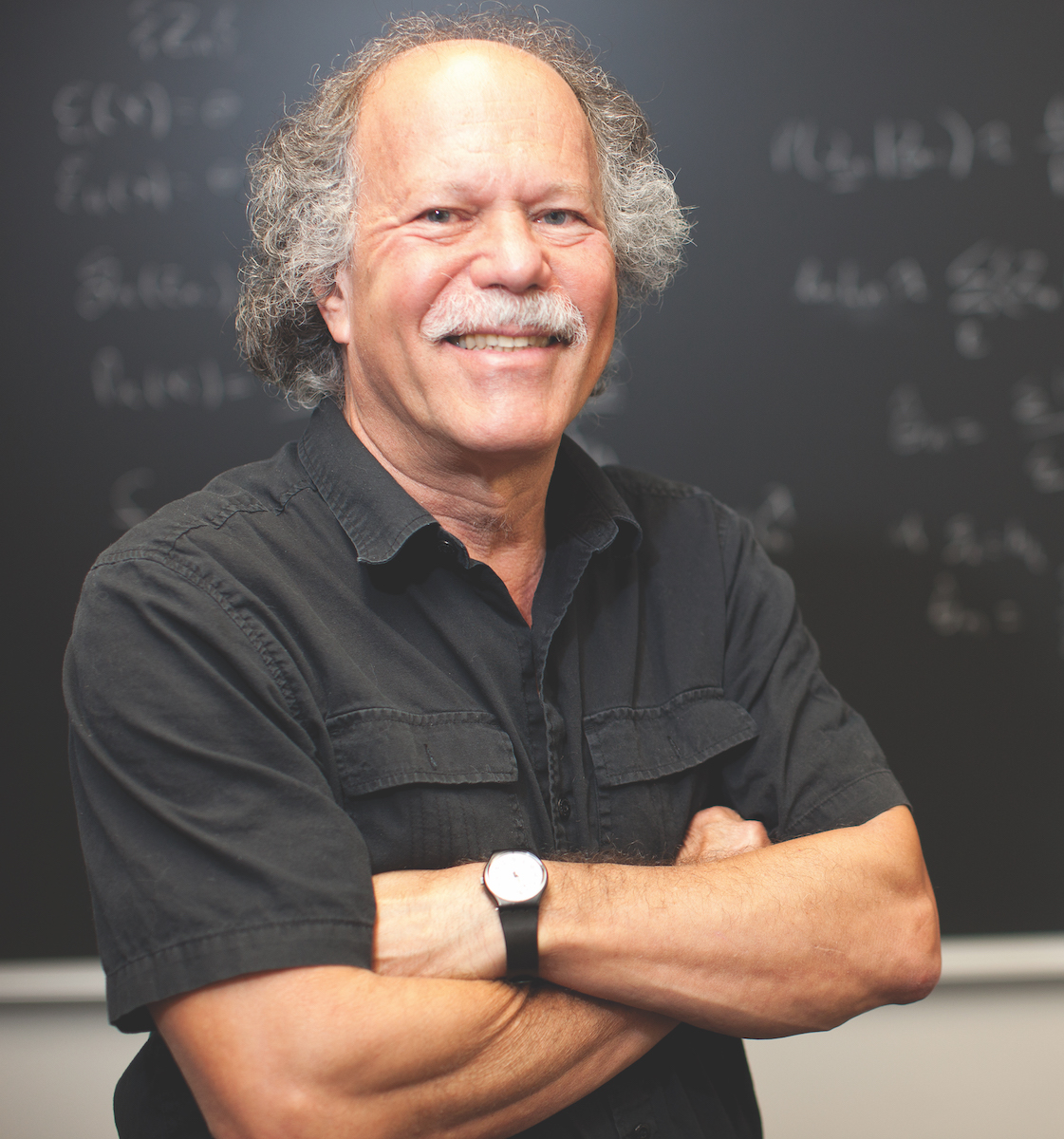Ira Longini, Ph.D.
Professor of Biostatistics
College of Public Health & Health Professions
2017 Awardee

Ira Longini’s research centers on the development of mathematical and statistical methods for measuring the spread and control of infectious diseases.
“I have always been interested in the transmission and control of infectious diseases,” Longini said. “I became interested in the field when I discovered mathematical epidemic theory and saw that I could combine my interests in mathematics and statistics with work on infectious diseases.”
His work revolves around three distinct areas: design and analysis of vaccine trials; mathematical modeling for infectious disease transmission and control; and developing theories for the design and analysis of vaccine trials for emerging infectious diseases.
Longini’s research regarding statistical inferences into infectious disease predictability and transmission was applied to the analysis of an Ebola ring vaccination trial in Guinea, an inoculation strategy that involves vaccinating those who have come into contact with infected parties as well as their known associates. He has also analyzed a number of vaccine trials for diseases such as dengue and cholera, whose incidence has increased over the past five years, as well as a trial for a Zika vaccine. This work has resulted in policy changes for infectious disease control.
One of his most significant accomplishments to date was the expansion of a general theory for the design and analysis of phase III vaccine efficacy trials regarding infectious disease threats.
“It included the development of methods for the estimation of vaccine efficacy from dynamic, multi-site settings, when the vaccine and placebo delivery may need to be reactive,” Longini said.
Longini continues to play an integral role in World Health Organization research and the development of a blueprint for preventative action regarding possible future epidemics.
Throughout his professional career, Longini has received a number of awards for his work, such as his inclusion in Science Magazine’s “Breakthrough of the Year” rankings in 2015. He was also the recipient of the Aspen Institute Italia Award for scientific research and collaboration between Italy and the United States in 2016 for his research regarding Ebola transmission and control.

